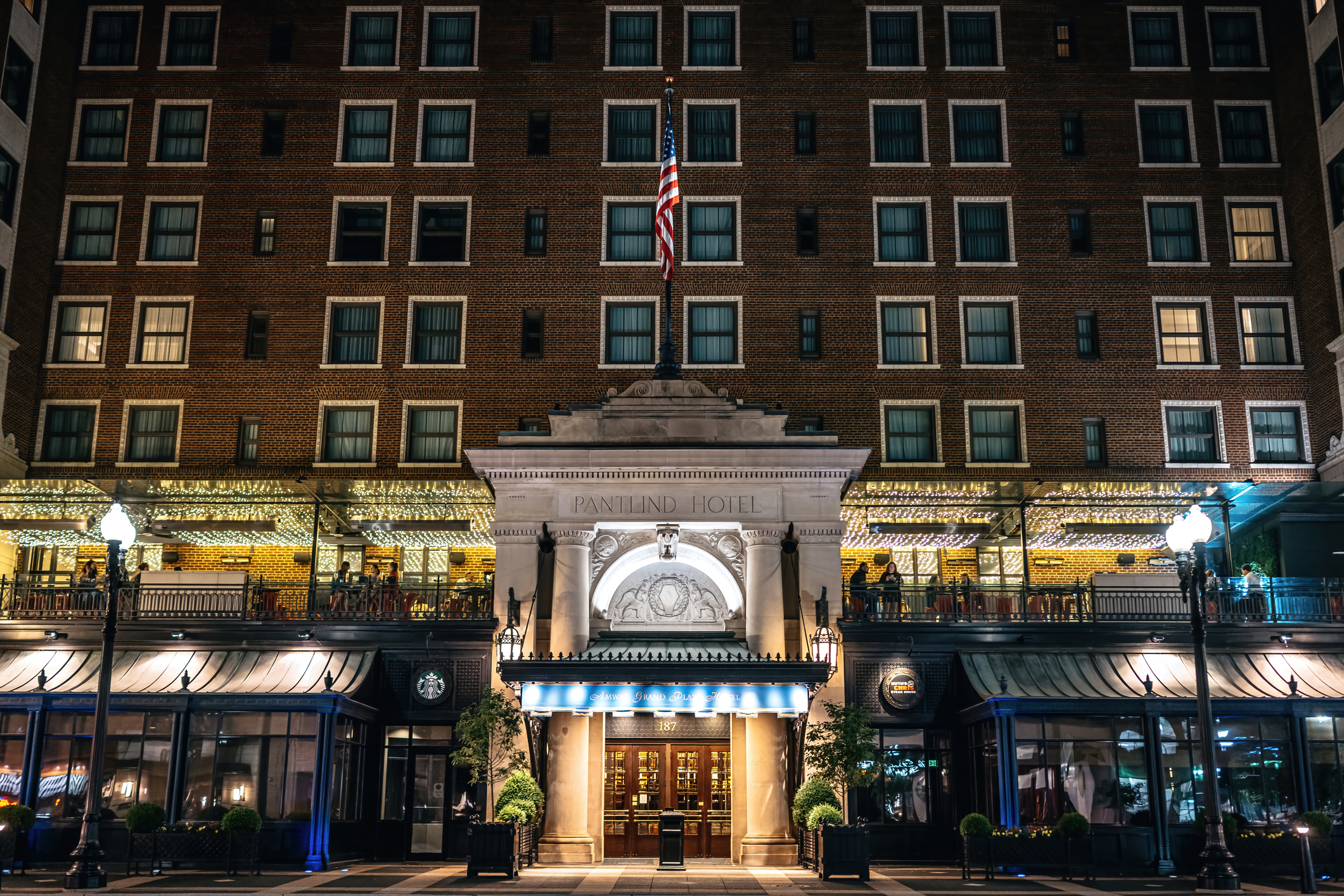Businesses within the hospitality industry are continually trying to reinvent themselves to provide better, more memorable services. Two of the most innovative hospitality trends being considered today are the adaptive reuse of historic/non-traditional buildings and boutique hotels. Both trends focus on the guests and providing them with the most comfortable and relaxing visit possible.
Entrepreneurs in the hospitality industry know that if they want a guests to come back again and again, they need to provide them with amenities and they won’t be able to get anywhere else. By focusing on popular tourist destinations and revamping existing structures, they can create a unique, one-of-a-kind experience. Personalized service and comfort are two key factors that must never be overlooked.
Adaptive Reuse in Hospitality
Historic and non-traditional structures can be ideal locations for hotels and restaurants if they have sufficient space and are structurally sound. Many historic buildings have unique architectural features that add to their beauty and style. In addition to their historic value, they have an ambiance that adds to the elegant yet welcoming atmosphere. Buildings that are listed on historic registries must be renovated according to specific standards. This ensures that they will retain the same level of workmanship and quality that was used when they were first built. It also helps to maintain their value and historical significance.
Non-traditional spaces can also be adapted and restyled for many different types of hospitality venues. Although the original structure may need to be slightly modified, it will retain much of the beauty and style it had when it was first designed. These spaces can be quite eclectic, offering guests a memorable experience they can carry with them for years. Non-traditional spaces may be relatively new in terms of construction. If that is the case, excessive renovations may not be needed except for upgrades to improve functionality for the most modern amenities.
Boutique Hotel Expansion
One of the hottest trends in the hospitality industry is boutique hotel expansion. Boutique hotels cater to fewer guests and offer more customized services. These hotels often have fewer than one hundred rooms, allowing staff to be more attentive to their guests. Luxury amenities are the norm, not the exception. Many boutique hotels are known for their spa services and five-star restaurants that serve only the guests who are actively staying on the premises.
Boutique hotels are often found in the most popular tourist destinations. They provide guests with an opportunity to take advantage of high-end amenities they may not have access to if they stay at a franchise or chain hotel. Guests who stay at boutique hotels look forward to the added features and services. They are willing to pay more for the extra comfort and perks that are not available in hotels that cater to the masses. They want to feel pampered and well-cared for.
Hospitality trends are constantly changing. What isn’t changing, however, are the expectations of the guests being served. They want to eat their meals in a beautiful setting that offers a welcoming environment. Hotel guests want to feel at home but still have access to the extra amenities they may not have on a daily basis. They want the best that money can buy, while still maintaining some level of affordability. Using well-constructed buildings from the past and unique structures that have been recently built can help entrepreneurs provide everything their guests are looking for and more.
Entrepreneurs who are venturing into the hospitality industry can look at new trends with a creative eye and develop a new business that is able to provide quality amenities and services to a more selective audience. By building on what is already there, they can enhance the look and feel of the establishment making it more financially lucrative, as well as more sustainable. When growth and sustainability are considered in conjunction with one another, new ventures will be more profitable and manageable on many levels.



